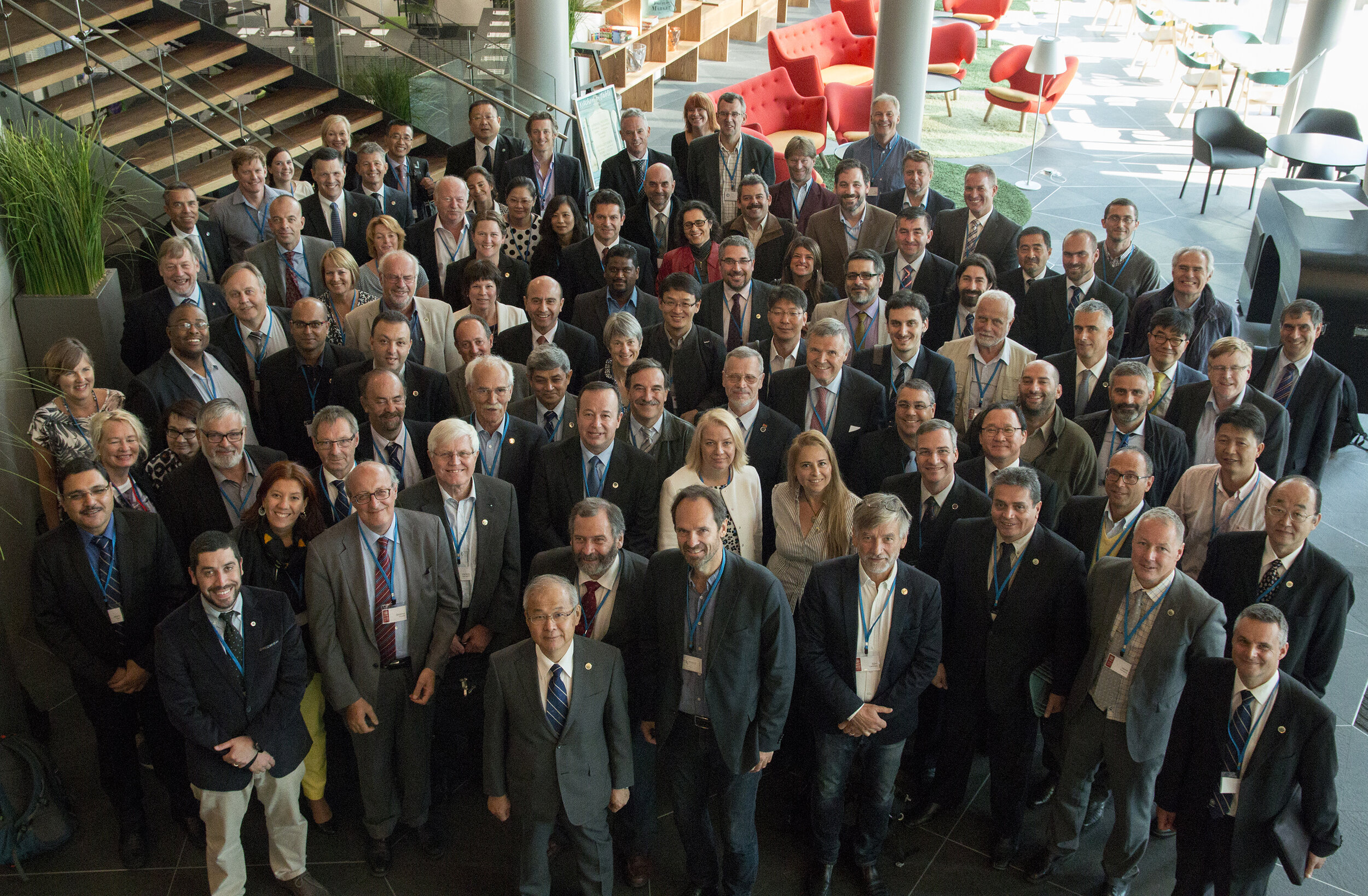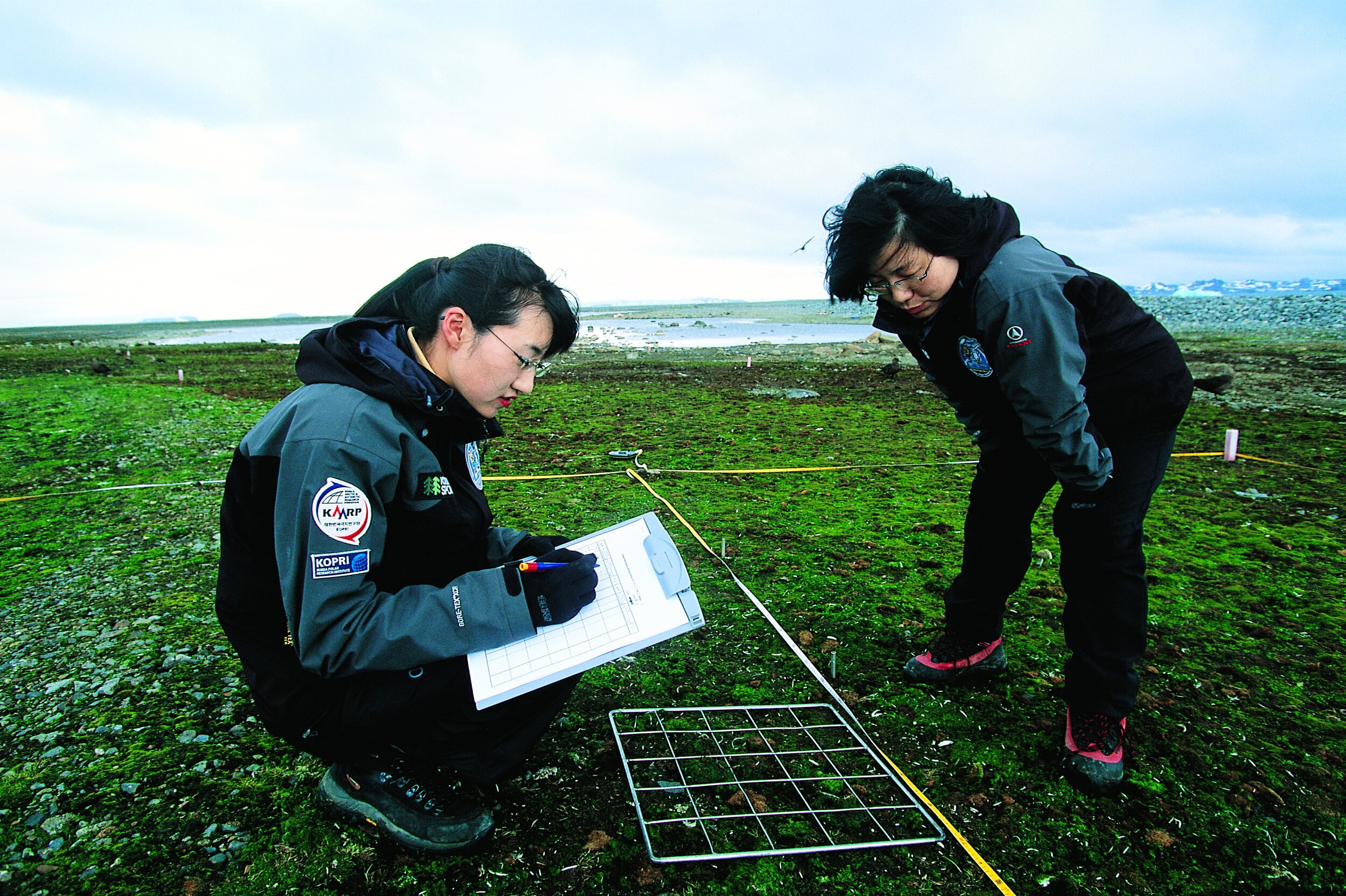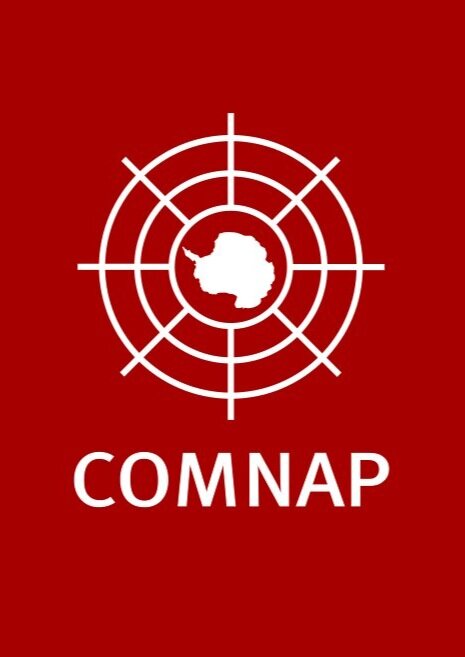
COMNAP Expert Groups
An important and valuable aspect of COMNAP is to allow exchange of information between National Antarctic Program staff on a range of relevant topics. This is done by way of our Expert Groups. Our current topical Expert Groups are:
-

Advancing critical Technologies
-

Air operations
-

Education, Outreach & Training
-

Environmental Protection
-

Joint Expert Group on Human Biology and Medicine (JEGHBM)
-

Marine Platforms
-

Safety
-

Science Facilitation
